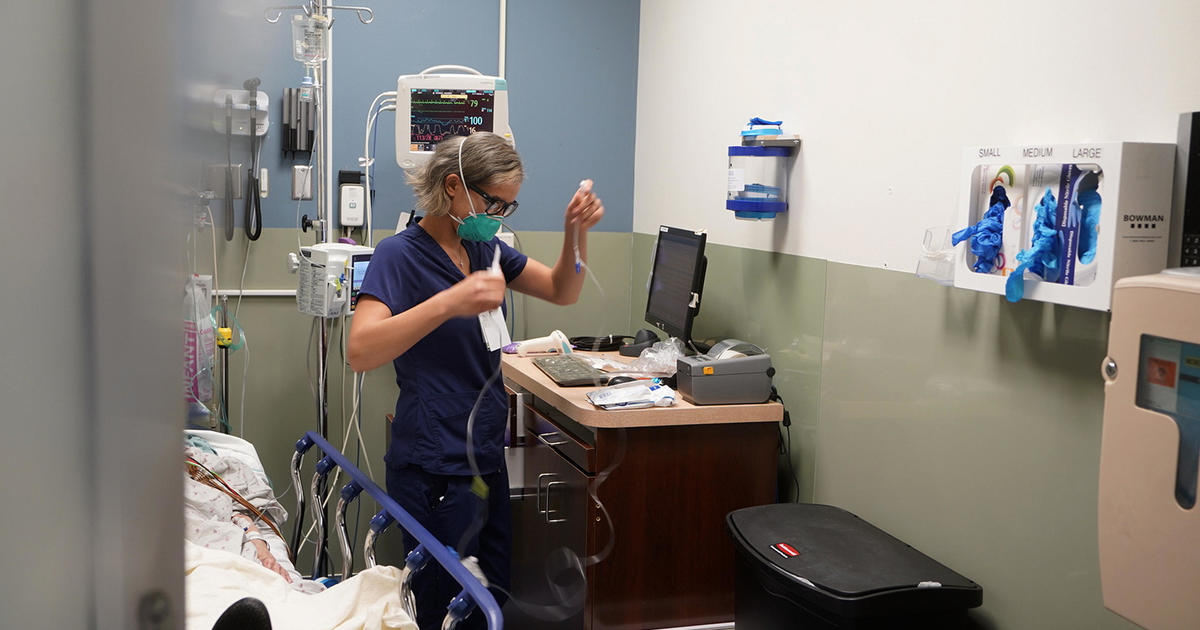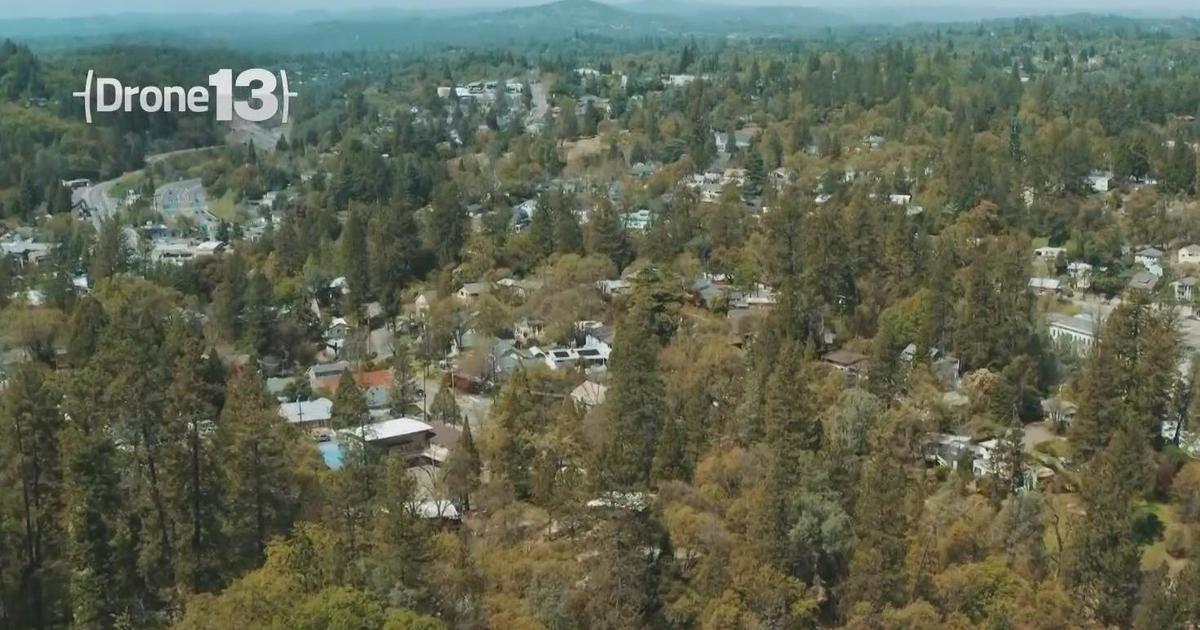Increased Oil Shipments Through California Prompt Concerns From Officials
SACRAMENTO (CBS13) — With a significant increase in oil being moved through the Sacramento region, concerns are being raised about the safety implications of transporting so much oil over the rails.
By 2016, 25 percent of all oil moved in the state will be through the rail system.
Last year's deadly explosion in Canada that killed 47 people serves as a stern reminder of what could happen.
But despite that risk, the state is on board and on track to move the delicate cargo at a pace never before seen in California.
The California Energy Commission says crude oil shipments by rail increased from 1 million barrels to just over 6 million in just a year.
New oil drilling known as fracking is being done at a much lower cost in places like Canada, Montana and North Dakota, and officials say transporting that oil by rail is the fastest and cheapest way to move it.
The move has sparked outrage from people who live in areas where the oil trains will be moving through.
Chuck Bonham is the director of the Department of Fish and Wildlife, the agency in charge of preparing, preventing and responding to an oil by rail accident, along with the federal government.
"It's risky to move oil. It's always been that way, and it will always be that way in the future," he said. Our department is focused on increasing our ability to respond to the risk of oil.
Specifically, how that risk could impact some of the 7,000 waterways in California directly in the path of trains moving oil.
"For this to go well on the railfront with oil, we need to stand shoulder-to-shoulder with the industry.," he said.
And that includes demanding the oil industry pay for additional personnel through a 6.5 percent per barrel tax on the oil companies. It's expected to fund 38 new hires in the department, which will do everything from conduct emergency drills, work with track inspectors to minimize trouble spots, and help fire department personnel evacuate communities, if necessary, and limit the scope of a spill.
"The majority of those are going to be what we call first responders," said Yvonne Najah Addassi with the department. "Those are people out in the field who will be on call 24-7-365 to respond to the Office of Emergency Services when there's a call.
A big chunk of the new hires will focus on the more vulnerable areas of the state at so-called pinch points in the mountains with steep grades and curves.
Those include the Feather River Canyon area, Donner Pass, and the Tehachapi Pass.
Closer to home, starting next year the crude oil shipments will be moving two times a day through Roseville, Sacramento and Davis.
"The best that we can do is prevent [accidents] as much as possible, plan for it as best as we can, and respond as quickly and efficiently and effectively as possible, so when we have to go through restoration, we can put the resources back together again," said Addasi.
The hope is they won't have to, but the reality is they know they had better be ready.
Three statewide oil by rail safety meetings will take place next week, with one in Sacramento.



